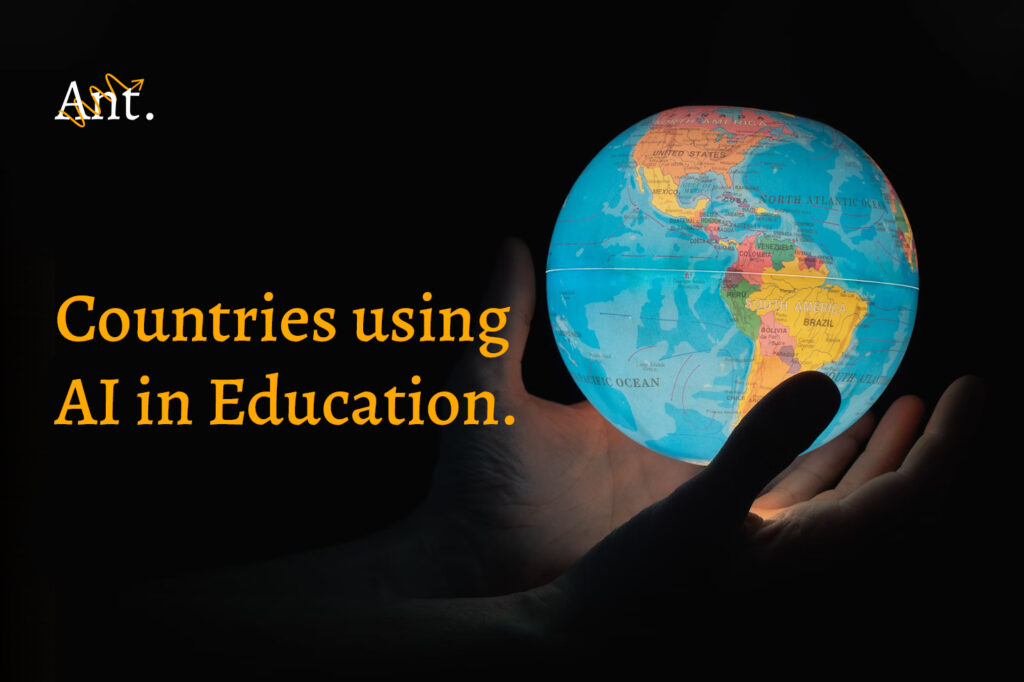The integration of Artificial Intelligence (AI) in education has presented a wealth of opportunities to enhance learning experiences. However, this advancement also raises profound ethical considerations that demand careful disadvantages of ai in daily life. As AI continues to permeate educational settings, it becomes imperative to evaluate the ethical implications guiding its deployment.

Ethical Considerations to Prioritize
1. Privacy and Data Security
The collection and utilization of student data by AI-powered systems require stringent safeguards to protect privacy. Educational institutions must ensure compliance with data protection laws and establish transparent policies regarding data gathering, storage, and usage. Consent, anonymization, encryption, and regular security audits are pivotal to safeguard sensitive information from breaches and misuse.
2. Bias and Fairness
AI algorithms, when trained on biased data, can perpetuate and amplify societal prejudices. In education, biased algorithms might inadvertently discriminate against certain groups, affecting assessments, recommendations, and opportunities. Mitigating bias involves diverse and representative data sets, continuous monitoring, and the development of fairness metrics to counteract discriminatory outcomes.

3. Equity and Access
AI technologies should not exacerbate existing inequalities but strive to bridge educational gaps. Ensuring equitable access to AI-enabled tools and resources for all students, regardless of socio-economic background or geographic location, is crucial. Institutions must prioritize inclusivity and take measures to prevent AI from disadvantages of ai opportunities.
4. Transparency and Explainability
The opacity of AI algorithms poses challenges in understanding their decision-making processes, especially in educational settings. Clear explanations about how AI systems function and make decisions are vital for building trust and accountability. Implementing explainable AI methodologies enables educators, students, and stakeholders to comprehend the rationale behind AI-generated outcomes.

5. Ethical Use and Human Oversight
Maintaining human oversight in AI-driven educational applications is imperative. While AI can optimize processes and personalize learning experiences, it should complement human judgment rather than replace it entirely. Ethical guidelines and frameworks must be established to govern the responsible development and use of AI, ensuring alignment with educational values and principles.
Frequently Asked Questions
1. How does AI impact student privacy in educational settings?
AI systems in education often collect and analyze vast amounts of student data, raising concerns about privacy breaches. Institutions must prioritize robust data protection measures, obtaining informed consent, anonymizing data, and employing encryption techniques to safeguard sensitive information from unauthorized access.
2. Can AI in education perpetuate biases and inequalities?
Yes, AI can amplify biases if trained on biased datasets, leading to discriminatory outcomes. To address this, educational institutions must focus on diverse and representative data collection, regular bias monitoring, and the development of fairness metrics to mitigate and counteract biases.

3. What steps can educators take to ensure equitable access to AI-enabled tools?
Educators should advocate for equitable access by providing resources and opportunities for all students, regardless of their socio-economic status or background. Initiatives like subsidized technology, internet connectivity, and tailored support can bridge the gap and ensure fair access to AI-enhanced learning tools.
4. Are AI algorithms in education transparent and explainable?
Transparency in AI algorithms is crucial for building trust. Implementing explainable AI methodologies enables educators and students to understand the decision-making processes of AI systems. Institutions should prioritize can schools detect ai writing trust and accountability.
5. How can educators ensure the ethical use of AI in the classroom?
Educators must maintain human oversight and ensure that AI complements, rather than replaces, human judgment. Instituting ethical guidelines and frameworks for AI implementation in education helps align technology use with educational values and principles.
Conclusion
The integration of AI in education holds immense promise for revolutionizing learning experiences. However, its ethical implementation necessitates a multifaceted approach that prioritizes privacy, fairness, equity, transparency, and responsible use. Educational stakeholders must collaborate to navigate these ethical considerations effectively, ensuring that AI serves as a catalyst for positive change in education while upholding ethical standards and principles.

